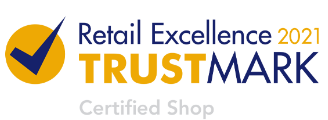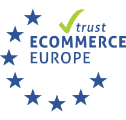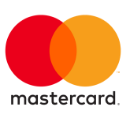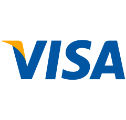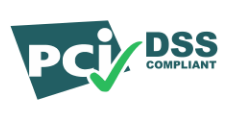Even your baby’s first teeth need proper care! Introducing daily oral hygiene early makes it easier for your child to adapt to this important routine. The NUK Oral Care Set is perfect for this: it includes special baby toothpaste and a finger toothbrush that fits on your index finger. Gently brush your baby’s teeth and gums with the soft bristles to clean their teeth and soothe teething discomfort. The new toothpaste is specially formulated for the care and cleaning of your baby’s first teeth.
Top Features:
- Sugar-free
- Without fluoride: also suitable for children who are given fluoride tablets
- With enzymes that are also found in breast milk and which boost the mouth’s natural defences
- Natural apple and banana flavour wins over even the most sceptical of little toothbrushers!
Frequently Asked Questions
When should I start cleaning my baby's gums and teeth?
It's important to begin cleaning your baby's gums even before their first tooth appears. Use a clean, damp washcloth to gently wipe the gums twice a day, especially after feedings. Once the first tooth emerges, typically between 6 to 10 months, transition to using a soft-bristled baby toothbrush with a smear of fluoride toothpaste the size of a grain of rice.
Is fluoride toothpaste safe for my baby?
Yes, fluoride toothpaste is safe and recommended for infants. For children under 3 years old, use a smear of fluoride toothpaste about the size of a grain of rice. Fluoride helps prevent tooth decay and strengthens enamel. Ensure your child spits out the toothpaste after brushing to minimize swallowing.
How can I make brushing my baby's teeth a positive experience?
To make brushing enjoyable, turn it into a fun activity by singing songs, playing a favorite tune, or using a toothbrush with your baby's favorite character. Allowing your baby to hold the toothbrush while you guide their hand can also make them feel involved. Consistency and positive reinforcement are key to establishing good oral hygiene habits.
When should my baby have their first dental visit?
The American Academy of Pediatric Dentistry recommends scheduling your baby's first dental visit by their first birthday or within six months after their first tooth appears. Early visits help in the early detection of potential issues and provide guidance on proper oral care techniques.
Can I put my baby to sleep with a bottle?
It's advisable not to put your baby to bed with a bottle or sippy cup filled with breast milk, formula, juice, or other sugary liquids. These can lead to tooth decay. If your baby needs a comfort item at bedtime, consider offering a pacifier instead.
How do I clean my baby's gums before teeth appear?
Before teeth emerge, gently wipe your baby's gums with a clean, damp washcloth or gauze pad after feedings. This practice helps remove bacteria and gets your baby accustomed to oral care routines.
What should I do if my baby resists tooth brushing?
If your baby resists brushing, try making it a fun and engaging activity. Use storytelling, games, or let them practice brushing on a doll or stuffed animal. Brushing together as a family can also encourage participation. Consistency and patience are key to establishing a positive routine.
How often should I replace my baby's toothbrush?
Replace your baby's toothbrush every 3 to 4 months, or sooner if the bristles become worn or frayed. It's also advisable to replace the toothbrush after an illness to prevent reinfection.
Is it necessary to clean my baby's mouth if they don't have teeth yet?
Yes, cleaning your baby's mouth before teeth appear is important. Gently wiping the gums with a clean, damp washcloth after feedings helps remove bacteria and prepares your baby for future tooth brushing routines.
What are the benefits of using a finger toothbrush for my baby?
A finger toothbrush allows you to gently clean your baby's teeth and gums, helping to remove plaque and bacteria. It also massages the gums, which can soothe teething discomfort. Using a finger toothbrush can make the brushing experience more comfortable for both you and your baby.








